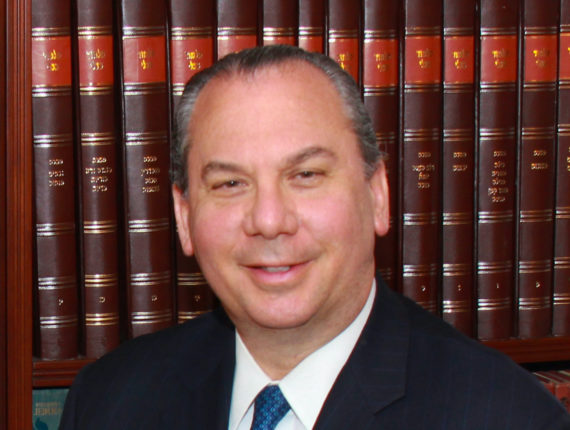
By Rabbi Marc Schneier

As ceasefire negotiations continue between Israel and Hamas to end the war, the eyes of the world once again turn to the Gulf. The region’s leadership has proven that diplomacy, rooted in faith and moral conviction, can achieve what decades of conflict could not. Today, that same leadership is vital to transforming a temporary truce into a foundation for lasting peace.
Gulf countries – Bahrain and the United Arab Emirates – have already shown the world that reconciliation is possible when nations choose dialogue over division. The Abraham Accords were not only a diplomatic breakthrough, but a moral one. They proved that peace with Israel does not mean abandoning the Palestinian people, and that normalization can coexist with compassion, justice, and faith.
I have spent much of my life working to strengthen ties between Jews and Muslims, the children of Abraham who share a common faith and destiny. Through my work with leaders from Bahrain, Saudi Arabia, the United Arab Emirates, Qatar, Oman, Morocco, Jordan, and beyond, I have witnessed a quiet but profound transformation. The Gulf has become a beacon of coexistence, reminding the world that peace built on mutual respect can reverberate far beyond politics.
Bahrain’s leadership has been central to that transformation. Under His Majesty King Hamad bin Isa Al Khalifa, Bahrain has established itself as a champion of interfaith understanding. His vision made Bahrain one of the first Arab nations to combat extremism and publicly embrace peace with Israel as a step toward a stronger, more inclusive Middle East. His Majesty’s commitment to dialogue and tolerance has inspired others to follow suit.
Now, as the guns fall silent, the opportunity before us is clear. The Gulf can help transform this ceasefire into the beginning of a new regional reality, one where a Palestinian state and the State of Israel exist side by side in security and dignity. The key is to expand the spirit of cooperation that Bahrain and its partners have already built.
Saudi Arabia’s Crown Prince Mohammed bin Salman captured this vision when he said, “I believe the Palestinians and the Israelis have the right to have their own land. But we have to have a peace agreement to assure the stability for everyone and to have normal relations.”
Those words reflect the growing understanding that peace is not weakness but wisdom, and that coexistence is the only path to a secure and prosperous future.
True peace requires more than treaties. It demands trust. The Gulf has earned that trust through its moral consistency and its courage to lead with faith. The progress made through the Abraham Accords must now serve as a roadmap for reconciliation between Israelis and Palestinians.
History will remember this moment not for its ceasefire, but for whether the region’s leaders turned it into lasting coexistence. Bahrain and its neighbors have already shown the world what is possible when faith guides diplomacy. Now, they can show the world what peace truly looks like.
Rabbi Marc Schneier is president of the Foundation for Ethnic Understanding.
Copyright © 2026 Foundation For Ethnic Understanding. All rights reserved. | Privacy Policy